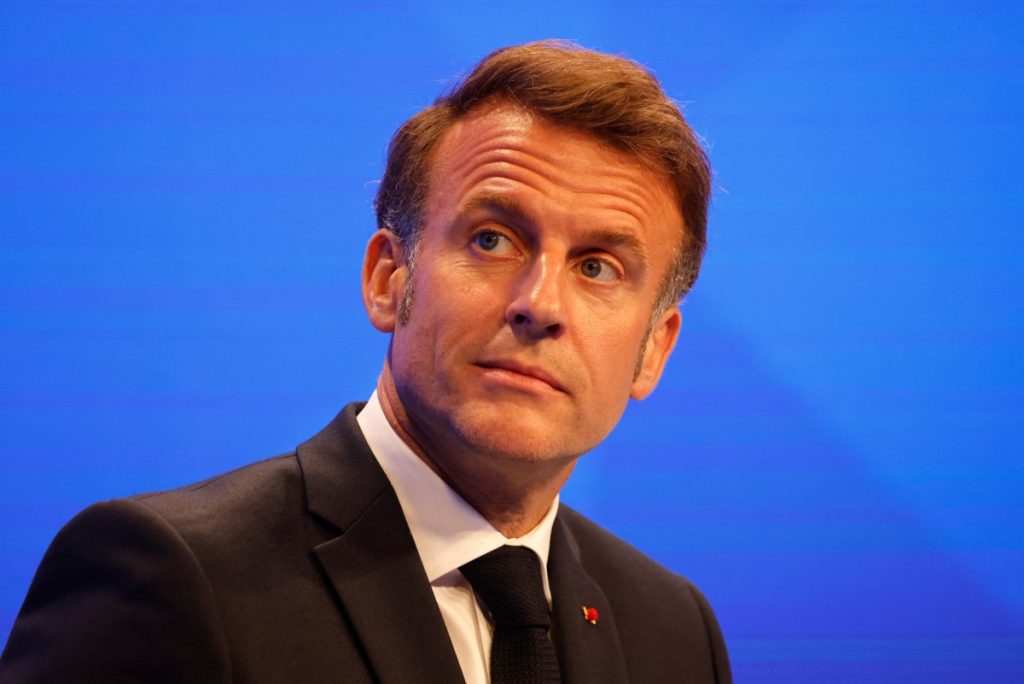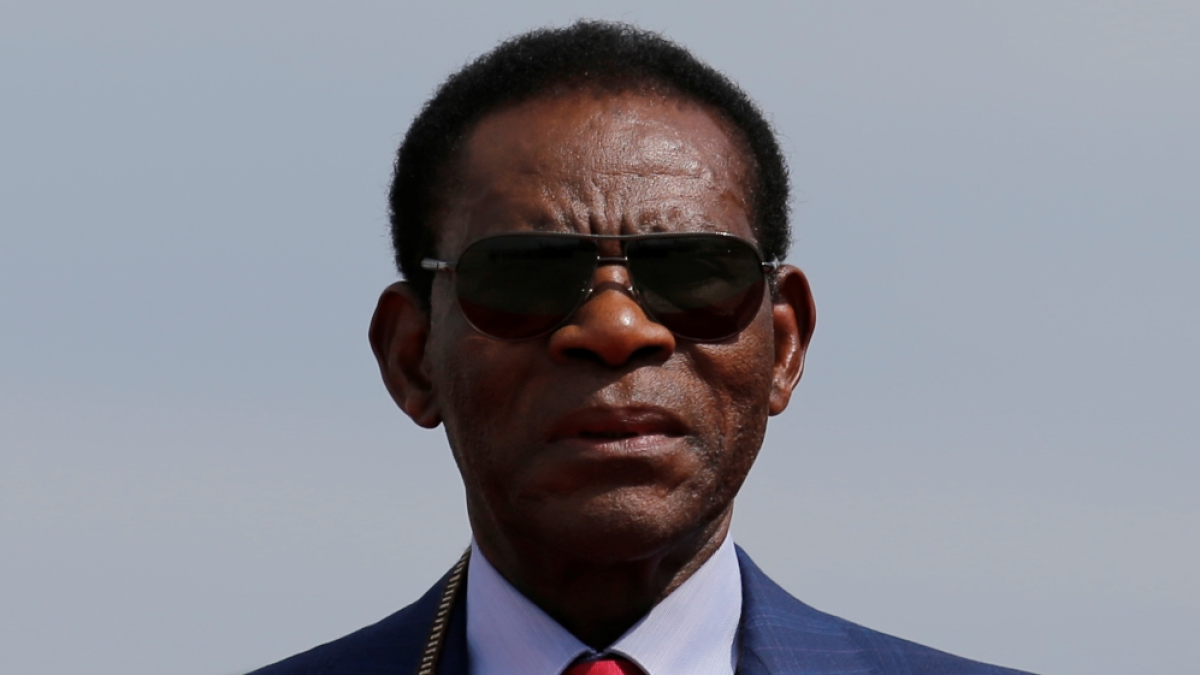Equatorial Guinea launched a strong accusation of “neo-colonialism” against France at the International Court of Justice (ICJ) on Tuesday, reigniting a long-standing dispute over a lavish multi-million-euro mansion in Paris.
The Central African nation is seeking urgent orders from the ICJ to prevent France from selling the property, which was confiscated after Vice President Teodoro Nguema Obiang Mangue, known as Teodorin, was convicted of corruption.
French authorities seized the opulent mansion, boasting amenities such as a cinema, hammam, and gold-plated water taps, under a law designed to target assets fraudulently acquired by foreign leaders.
Carmelo Nvono-Nca, Equatorial Guinea’s ambassador to France, condemned France’s approach as “paternalistic and even neo-colonial,” stating, “We cannot accept such disdain for our sovereignty from France… we cannot accept it.”
In 2021, a French appeals court handed Obiang, the eldest son of Equatorial Guinea’s long-serving president, a three-year suspended sentence and a fine of 30 million euros ($35 million).
France also confiscated assets, including the luxurious building near the Arc de Triomphe, valued at over 100 million euros.
Equatorial Guinea’s latest complaint to the ICJ, filed last week, alleges that French police entered the property last month and changed the locks.

The nation is now urging the court to mandate that France grant it “immediate, complete, and unhindered access” to the building.
Nvono-Nca further asserted that “France has not yet understood that we Africans no longer accept interference in our internal affairs,” expressing conviction that “France is determined to sell the building” and unilaterally decide how the proceeds will be used.
France Dismisses Claims, ICJ’s Busy Docket
Responding for France, Diego Colas, legal adviser at the French Foreign Ministry, dismissed Equatorial Guinea’s case as “clearly ill-founded.”
He expressed regret that Equatorial Guinea was “once again soliciting your office for the sole purpose of revisiting the issue of the building,” especially given the ICJ’s already “full docket” with numerous significant cases.
Colas clarified that any potential sale was “a long way off” and that the authorities’ recent visit to the property was merely a “fact-finding mission” to assess its condition.
The mansion was previously the subject of a 2016 ICJ case, where Equatorial Guinea argued the building served as its embassy and that France had violated the Vienna Convention.
However, the UN court sided with France, ruling that the building was Obiang’s residence and lacked diplomatic status.
The ICJ upheld France’s argument that Equatorial Guinea only sought to designate it as an embassy after the corruption investigation began and that the country already had a legitimate embassy in Paris.
Requests for emergency orders, or “provisional measures,” are prioritised by the ICJ.
The court is currently managing a heavy caseload, including a high-profile case from South Africa against Israel concerning alleged breaches of the UN Genocide Convention and a key ruling on climate change obligations due next Wednesday.
While the ICJ is the highest UN court and its rulings are binding, it lacks direct enforcement mechanisms, as evidenced by Russia’s non-compliance with its order to halt the invasion of Ukraine.


 Trending
Trending 